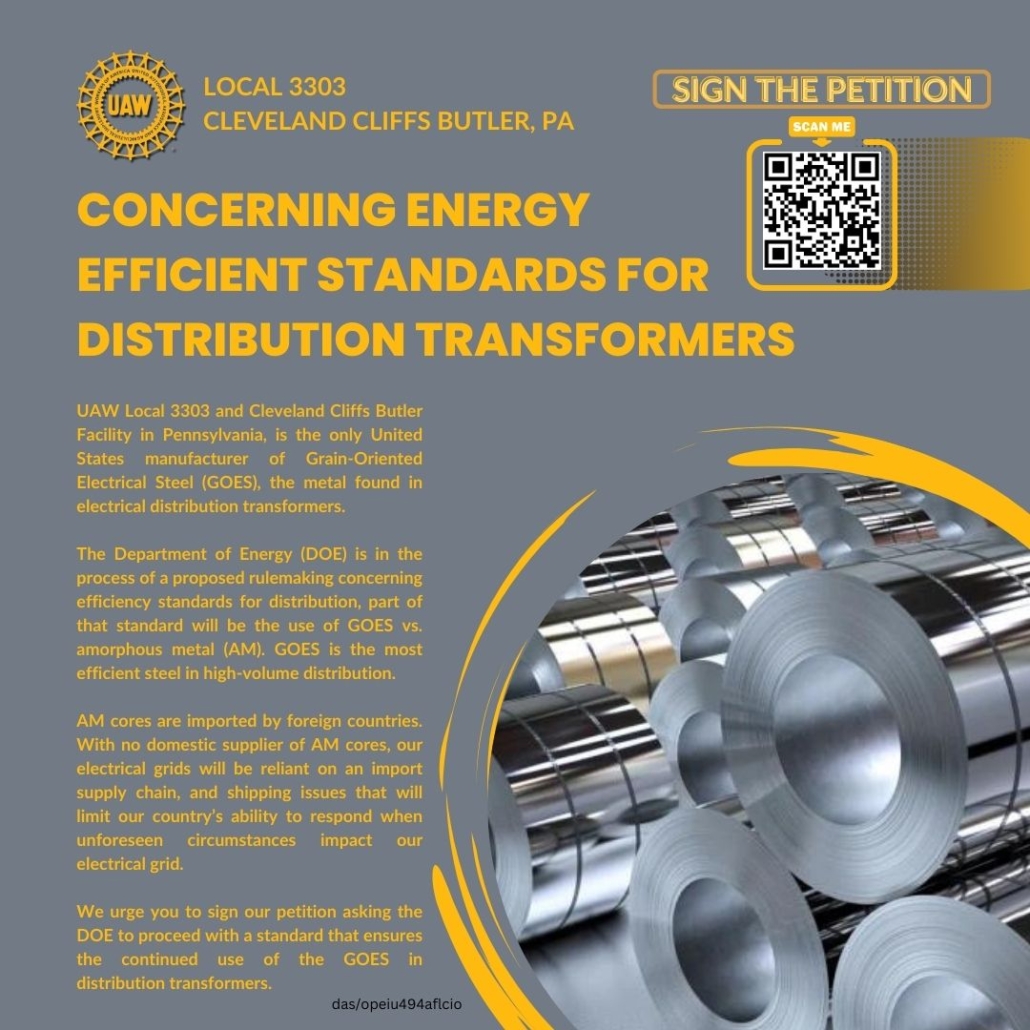New Jersey – For 18 years casino workers in Atlantic City have been excluded from New Jersey’s Smoke-Free Air Act – in violation of their Constitutional rights. New Jersey has allowed casinos to knowingly force employees to work in toxic conditions that have caused life-threatening illness and death.
Together the UAW and C.E.A.S.E. (Casino Employees Against Smoking’s (Harmful) Effects) represent workers at every casino in Atlantic City. They ask the Court to void the exemption in a lawsuit which seeks immediate injunctive relief, filed today by Nancy Erika Smith, Esq., of Montclair’s Smith Mullin.
“For almost two decades casino workers have been fighting for the same legal protections that other New Jersey workers have, the right to work in a place free of toxic smoke,” said UAW President Shawn Fain. “UAW and C.E.A.S.E. members have fought tirelessly to get lawmakers to do the right thing, but politicians have chosen to protect corporate profits over workers’ health. Today, we put an end to that and ask the court to respect the right of workers to breathe clean air on the job.”
Today’s lawsuit argues that the current exemption for casino workers from the Smoke-Free Air Act violates the New Jersey State Constitution on three grounds:
First, the New Jersey Constitution guarantees that “all persons are by nature free and independent, and have certain natural and unalienable rights, among which are… pursuing and obtaining safety and happiness.” Casino workers have been denied their right to safety.
Second, the Constitution also makes clear that the “Legislature shall not pass any special laws… or grant to any corporation … any exclusive privilege [or] immunity…” In this case, rich corporate casinos are excluded from the Smoke-Free Air Act, giving them the exclusive right to endanger the lives of their workers.
Third, this exemption from a law designed to protect workers from smoke also denies casino workers their right to equal protection.
“The CDC has found that there is no safe level of exposure to secondhand smoke and that the harmful effects are felt within 60 minutes of exposure. Casino workers have been sickened and died as a result of that exposure while other workers in New Jersey are protected against being poisoned at work,” said the workers’ lawyer, Nancy Erika Smith Esq. “We have taken this fight out of back room ‘money talks’ politics and put it in the courts where we are confident that the judge will find that casinos cannot knowingly poison their employees in the pursuit of profits. It’s immoral and legally indefensible.
“Attorney General Matt Platkin bravely refused to defend an unconstitutional law recently – we ask him to do the same here. We also ask Governor Murphy to restore these workers’ right to safety, which he can do today. Finally, Acting Commissioner of Health Baston enforces the Smoke-Free Air Act and, as the Commissioner of Health, she can refuse to enforce a law that endangers the health of workers.”
According to the Center for Disease Control and Prevention, there is no safe level of secondhand smoke exposure, with harmful, inflammatory and respiratory effects produced within 60 minutes.
“For casino executives, if you put on the uniform of a dealer, slot tech, bartender, server, maintenance person or housekeeper, the bosses are fine with you getting cancer and dying. It’s the cost of doing business,” said Daniel Vicente, Director of U.A.W Region 9. “The UAW will never be able to out-spend these executives, some making more than 10 million dollars a year. We can, however, take the fight for working people’s health and safety to a fairer playing field – one unbeholden to campaign donations or big money PACs. We are proud to stand with C.E.A.S.E. NJ and bring this fight out of the legislature and into the judiciary. We look forward to seeing all of you coming out publicly and telling the people of New Jersey why our lives don’t matter as much as yours.”
Statement of support from Senator Joseph Vitale can be found here.
Related economic materials proving there is no financial excuse for casinos to poison their workers can be found here.






GM Aramark Workers Win Major Gains, Raise the Standard for Sanitation Workers
UNION PLUS – HOTEL DISCOUNTS
In Historic Breakthrough, Volkswagen Workers Become First Southern Autoworkers to Win Their Union